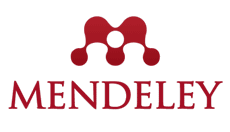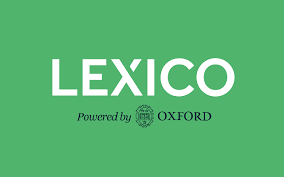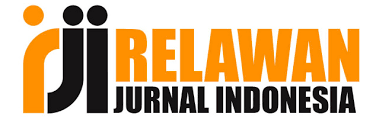THE EFFECT OF POWER ORIENTATION TOWARD MORAL DEVELOPMENT IN THE FILM THE BOY IN THE STRIPED PAJAMAS BY MARK HERMAN
DOI:
https://doi.org/10.36277/jurnalprologue.v11i1.234Keywords:
Power Orientation, Moral Development, Sociology of Literature, filmAbstract
This research discussed the effect of power orientation toward moral development. This research used The Boy in the Striped Pajamas as the object of study. There are two objectives of this research; 1) to find the forms of power orientation and, 2) to describe the effect of power orientation toward moral development. This research used literary sociology with a focus on power orientation by French and Raven as well as moral development by Kohlberg. Based on the research findings, the researcher identified 5 forms of power orientation, namely: coercive power, legitimate power, expert power, referent power, and finally reward power. Then, through The Effect of Power Orientation toward Moral Development. Bruno grew up in a Nazi environment where power orientation was very dominant, and his father, as the officer in charge of the camp, considered Jews to be the enemy. Bruno did not accept this view. His friendship with Shmuel, the boy in the camp who wears striped pajamas, demonstrates a moral development separate from the influence of Nazi power. It shows that moral development can continue to grow in openness and empathy despite the pressure of a repressive power structure.
Downloads
Published
How to Cite
Issue
Section
License
Copyright (c) 2025 Tarawati Oktabrina Hermanasari, Siti Hafsah

This work is licensed under a Creative Commons Attribution-NonCommercial-ShareAlike 4.0 International License.


















